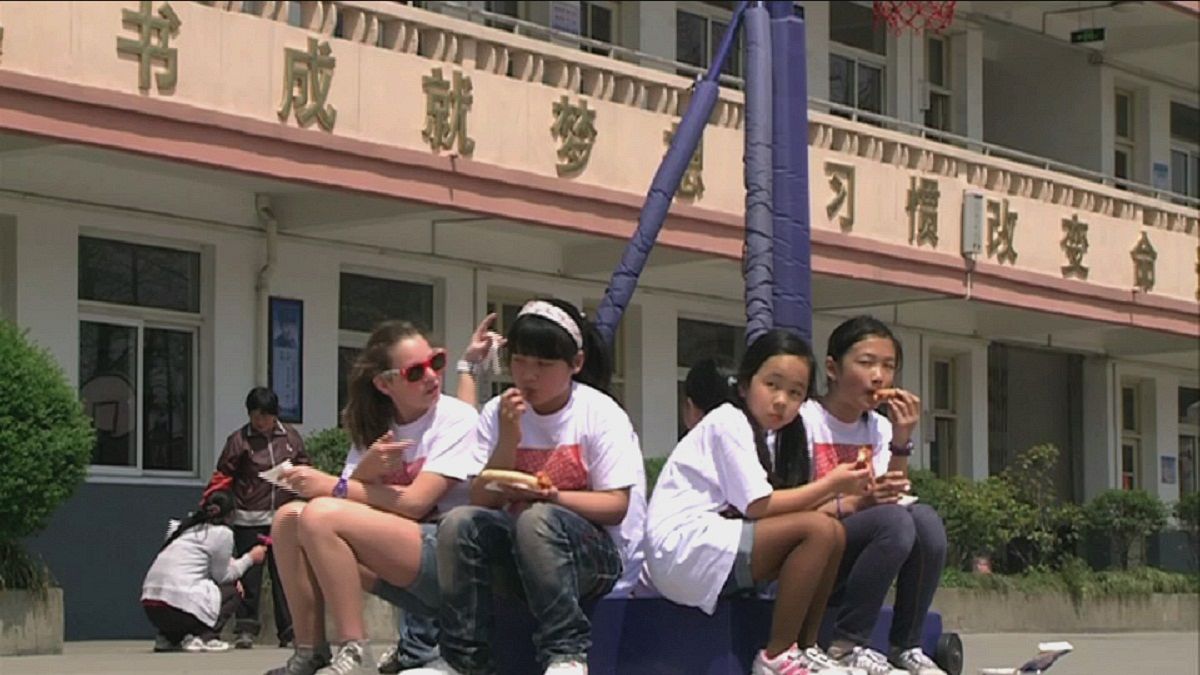Horizontal information exchange – teachers sharing methodology, students sharing information, students helping each other learn – is a way of passing on best educational practice and benefiting from peer group experiences.
Argentina: “Yes I Can”
The Cuban litaracy programme “Yes I Can” has been so successful in Cuba that it is now being exported worldwide. (Cuba declared O% illiteracy in 1961, when it opened a museum dedicated to the subject.)
In central Argentina the NGO “A Better WOrld is Possible” has been using “Yes I Can” since 2010 with encouraging results. The illiteracy rate in this area has dropped from 2.1% to 1.5% since 2001
The programme is supervised by Raul Pérez González, who has come over from Cuba for two years to train Argentinian facilitators. He said: “What this programme gives each participant is that they top up their knowledge, continue their education, and improve their social integration because they can then take part in other community activities in their own areas.”
The programme is now running in countries including Canada, New Zealand and Venezuela.
Qatar: Meeting Of Minds
Rana is a language teacher from the Boston Arts Academy. She is in Doha taking part in a series of peer group classes among teachers. The project is led by the Boston Arts Academy and Qatar Foundation international.
She said: “I asked the teachers, just a while ago, how many of you have looked at or studied art in your foreign language classroom? And nobody raised their hands! I was shocked, and I know from my own personal studies I did study art as part of my French and Italian studies, but everybody connects those languages with fine arts.”
An Islamic Art museum is a good example of the different methodology that Rana and her colleagues aim to share with these 25 colleagues. It’s all about encouraging teachers to see their environments and communities with fresh eyes.
Ali Jalal, an English teacher at the Musaab Bin Omair School, said: “This is a very rich experience, exchanging ideas about methods of teaching and methods of learning in such a way that you can actually learn from them, and they can learn from you. And it is always interesting to see different approaches and perspectives about teaching and trying to implement them, because in teaching you should never think you are perfect.”
The project uses a range of modern technology to link classrooms. It provides an online platform which can be used to allow collaboration between schools, teachers and students all over the world.
China: Shoulder to Shoulder
A group of students from the European School in Brussels are visiting the Shanghai Migrant School in Shanghai, China with a project which was dreamed up by one of the pupils, Marcello.
His mother said: “My son basically came up with the project, drew up the budget, identified the areas of the school which they could renovate, and he came back to Brussels where we live now and said to his friends at the European School, why don’t we do a project together…”
Marcello and his friends had to raise 9,000 euros for this Renovation School projet. The aim was for the Chinese and European pupils to repair and repaint the facade of the building together. In four groups, they worked hard and played hard too. Activities like sports and dancing were on the agenda as well as filling and painting.
The pupils from the International School are bi-lingual so they act as a communication bridge between European and Migrant School students.
They changed activities often, to encourage everyone to meet and talk, exchanging gossip and information about their countries and cultures. For their next trip, the group plans to renovate the sports courtyard.
Zhang Zhengling, the head teacher at the Zhulin Primary School said: “Today I saw some European children talking with some of our pupils, and they were all happy. I believe that it’s unforgettable for them, and I hope that these European friends will give us endless help. I also hope that our good students, not all of them, but at least some of them, have the opportunity go to Europe and meet people there.”


